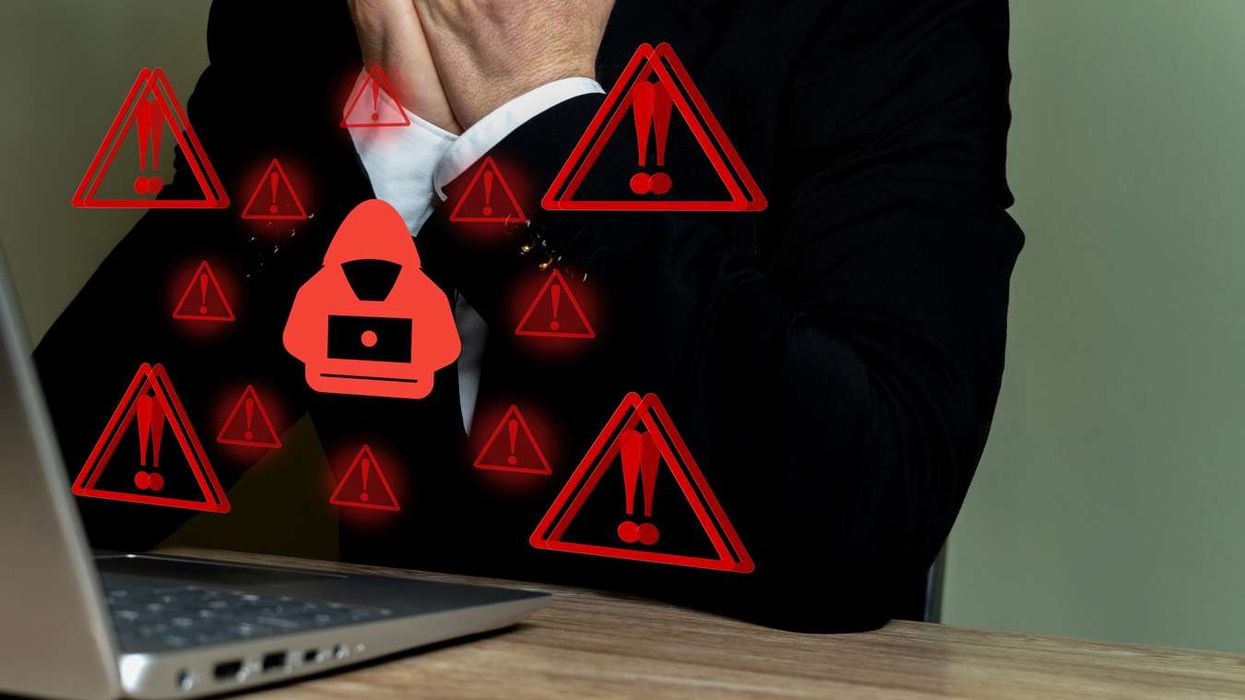AUSTRALIA cancelled Novak Djokovic's visa for a second time on Friday (14) in a sensational new attempt to deport the tennis superstar over his Covid-19 vaccine status.
The government acted three days ahead of the Australian Open, putting the unvaccinated Serbian's dream of a record 21st Grand Slam in extreme peril.
Djokovic, an avowed Covid-19 vaccine sceptic, is the tournament's top seed and had been practising on the Melbourne Park courts a few hours beforehand.
Immigration minister Alex Hawke said he acted on "health and good order grounds on the basis that it was in the public interest to do so".
Prime Minister Scott Morrison's government "is firmly committed to protecting Australia's borders, particularly in relation to the Covid-19 pandemic," Hawke said in a statement.
Morrison later said the visa cancellation protects the "sacrifices" of Australians.
The cancellation effectively means the world's number one tennis player would be barred from obtaining a new Australian visa for three years, except under certain circumstances.
The megastar flew into Melbourne airport on January 5 claiming a vaccine exemption because of a positive PCR test result on December 16.
'All fools'
Border agents rejected his exemption, tore up his visa and placed him in a notorious Melbourne detention centre where he spent four nights.
The Australian government insists a recent infection does not qualify as a vaccine exemption for foreign nationals trying to enter the country.
Djokovic's top-flight legal team overturned the visa decision in the federal circuit court because border officials at the airport had failed to give him the agreed time to respond.
A spokesman for the federal circuit court had no immediate comment on the government's move.
A top immigration lawyer, Christopher Levingston, said Djokovic could apply to the Federal Court for an injunction to stay the minister's decision.
"Djokovic is extremely well-resourced and has a competent team around him. He can either stay and fight or he can leave," Levingston said.
Like 'fools'
The three-year bar on a new Australian visa for Djokovic could be waived if it was deemed to be in the public interest, he said.
Djokovic's vaccine waiver provoked outrage among many Australians, who have endured nearly two years of some of the toughest coronavirus restrictions in the world.
Some tennis players say Djokovic should now be allowed to play, but not all have been supportive.
World number four Stefanos Tsitsipas criticised his behaviour.
"For sure he has been playing by his own rules," Tsitsipas said in an interview with Indian broadcaster WION.
Nearly everyone in the Australian Open had been vaccinated, Tsitsipas said. But others "chose to follow their own way which kind of makes the majority look like they're all fools".
'Error of judgement'
On Wednesday, Djokovic described reports about post-infection outings without a mask in Serbia as "misinformation".
On the day of his claimed positive test in Serbia, he attended a ceremony to honour him with stamps bearing his image. The following day he attended a youth tennis event. He appeared at both apparently without a mask.
Djokovic said in an Instagram post that he only received the PCR test result after going to the children's tennis event on December 17.
But he admitted that he also went ahead with an interview with French sports daily L'Equipe on December 18.
"On reflection, this was an error of judgement and I accept that I should have rescheduled this commitment," Djokovic said.
The journalist who carried out the L'Equipe interview, Franck Ramella, said he had been unaware at the time of the interview that Djokovic was Covid-positive.
The tennis star also admitted to a mistake on his Australian travel declaration, in which a box was ticked indicating that he had not, or would not, travel in the 14 days before flying to Melbourne.
In fact, social media posts and reports show he flew from Serbia to Spain during that period.
Djokovic blamed his support team for this. "My agent sincerely apologises for the administrative mistake in ticking the incorrect box," he said.
As Covid-related hospitalisations rise in Melbourne, the Victorian state government said on Thursday (13) it would cap capacity at the Australian Open at 50 per cent.
(AFP)











